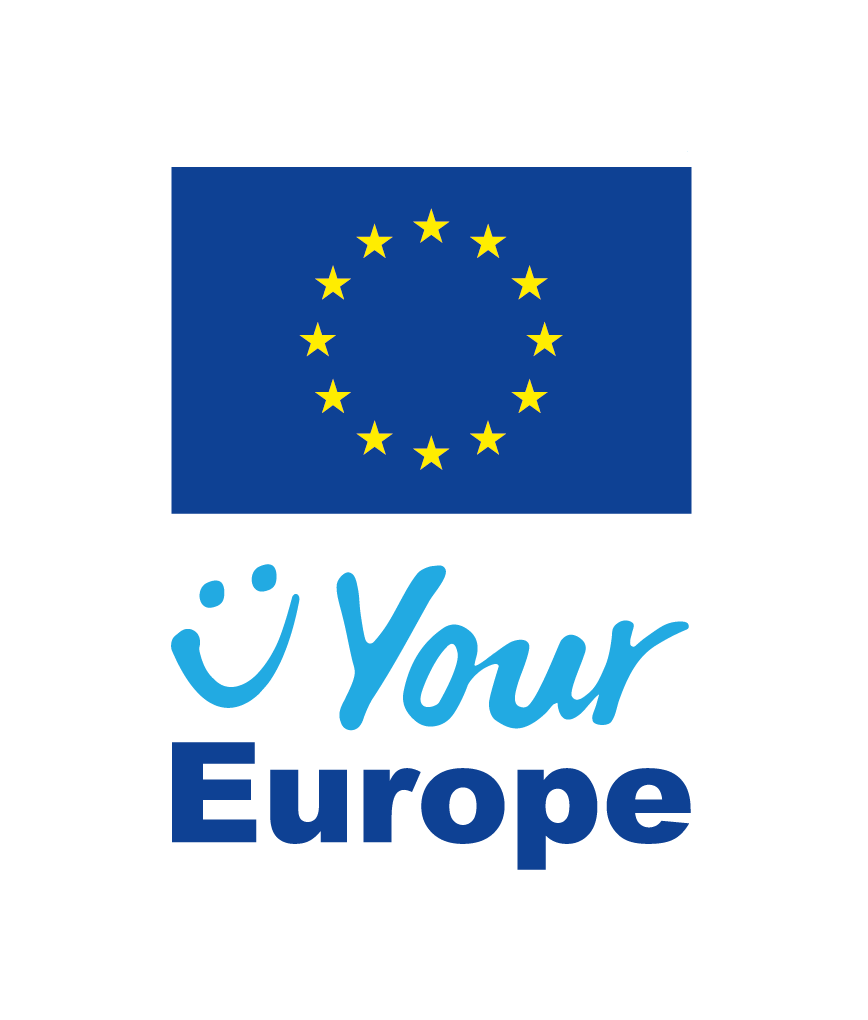In Denmark you can receive different child allowances depending on your situation. Certain different conditions have to be met in order to receive a child allowance.
You can receive a child allowance if
- your child is resident in Denmark
- your child is unmarried
- your child has not been placed in a foster home or is otherwise a ward of the state
- you are resident in Denmark.
In addition, there are some conditions that will need to be met in terms of your situation:
| Grant | You can receive a child allowance if |
|---|---|
| Child allowance for singles |
|
|
Child allowance if you have twins - or triplets, quadruplets, etc. |
|
| Child allowance if you are a pensioner |
|
| Child allowance if you are retired and paying child support |
|
| Child allowance for parents in education |
|
| Child allowance for parents taking an internship/traineeship |
|
| Child allowance in the event of paternity cases or an unknown father |
|
In order to be entitled to receive the full benefit, you must have lived or worked in Denmark for at least 6 years in the last 10 years. This is called the ‘principle of qualification’. If you have received child allowance payments before 1 January 2018, and if you are still entitled to them, you will instead be subject to a qualification period of 2 years. This means that you must have lived or worked in Denmark for at least 2 years within the past 10 years.
Please note that child allowance is not the same as child and youth benefits or child support. You can read more about child and youth benefits and child support on this page.
Child allowance when one or both parents are deceased
Udbetaling Danmark will automatically pay a special child allowance if one or both of the child’s parents are deceased. If both parents are deceased, the child allowance will be paid to the person providing for the child.
